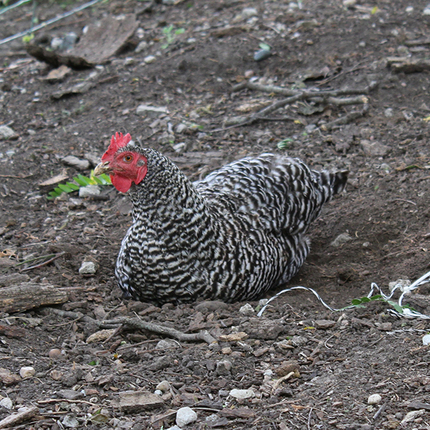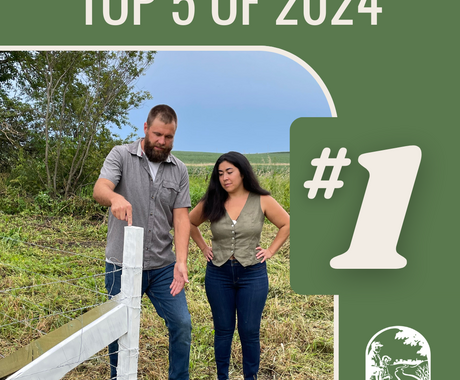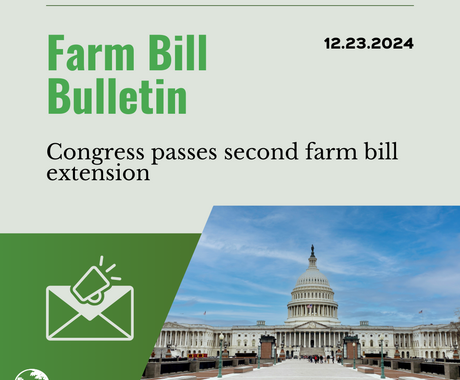The U.S. Department of Agriculture (USDA) announced today a rollback of two rules of the Grain Inspection, Packers, and Stockyards Administration (GIPSA).
Also today, Agriculture Sec. Sonny Perdue decided not to move forward with an interim final rule of the Farmer Fair Practices, and decided USDA will take no further action on a proposed regulation of the Farmer Fair Practices Rule. Together, these rules would have helped balance the relationships between producers and meat packing companies in highly concentrated livestock and poultry industries.
“Farmers and ranchers have waited years for USDA to institute basic fairness protections in the contract poultry and livestock industry,” said Center for Rural Affairs policy associate Anna Johnson. “Today’s announcement is a disappointment to America’s family farmers and ranchers who deserve a level playing field.”
The proposed rule was published in 2010 following USDA listening sessions with poultry and livestock producers across the country. Last October, USDA submitted the Farmer Fair Practices Rules for White House approval and opened up a comment period for the interim final rule and two proposed rules. The comment period was extended in February, with a close date of March 24. Then, USDA opened up the comments again on April 12 for another 60 days, delaying the rules even further.
“Many rural communities struggle from lack of economic opportunity, and contract poultry and livestock production is an important source of jobs and income for many rural people,” Johnson said. “These hardworking farmers and ranchers who contract with meatpacking companies when raising poultry and livestock deserve the important and common sense provision that this rule provides.”
The interim and proposed rules include:
- Allowing producers to protect their rights without having to prove that a processor’s actions hurt the entire livestock industry.
- Providing protections for producers, should processors limit producers’ legal rights in livestock or poultry contracts, or require unreasonable capital investment in their operations.
- Requiring poultry processors to use greater fairness and transparency when purchasing birds from several producers.
“These rules should have been an easy decision for the Trump administration. Trump campaigned on promises to help downtrodden small business people across America, and these rules do precisely that,” Johnson said. “Farmers, ranchers, and consumers would have benefited from the competitive, transparent markets these rules would help protect. We urge USDA and Sec. Perdue to reconsider.”
Background
In 1997, the National Commission on Small Farms issued a call for a number of livestock market reforms that were included in the proposed 2010 rules. Chuck Hassebrook, then director of the Center for Rural Affairs, was named by Agriculture Sec. Dan Glickman as a member of the National Commission on Small Farms that produced a report, “A Time to Act.” The Center for Rural Affairs supported livestock market reforms called for in the report.
Two years later, the Center for Rural Affairs asked Sec. Glickman to utilize his existing authority under the Packers and Stockyards Act to write a rule that would provide a definition for what constitutes an “undue or unreasonable preference” as prohibited by the Packers and Stockyards Act, Section 202(b). Sec. Glickman declined to act.
During both the 2002 and 2008 farm bill debates, the Center for Rural Affairs called for the inclusion of a livestock market competition title that included a provision compelling the Secretary of Agriculture to write rules defining an “undue or unreasonable preference” under the Packers and Stockyards Act. In 2008, those efforts were rewarded when a provision was included in the Food, Conservation, and Energy Act of 2008. The provision came to fruition when USDA published a proposed rule in 2010 to address a number of concerns raised by family farmers and ranchers across the country regarding livestock and poultry markets.





